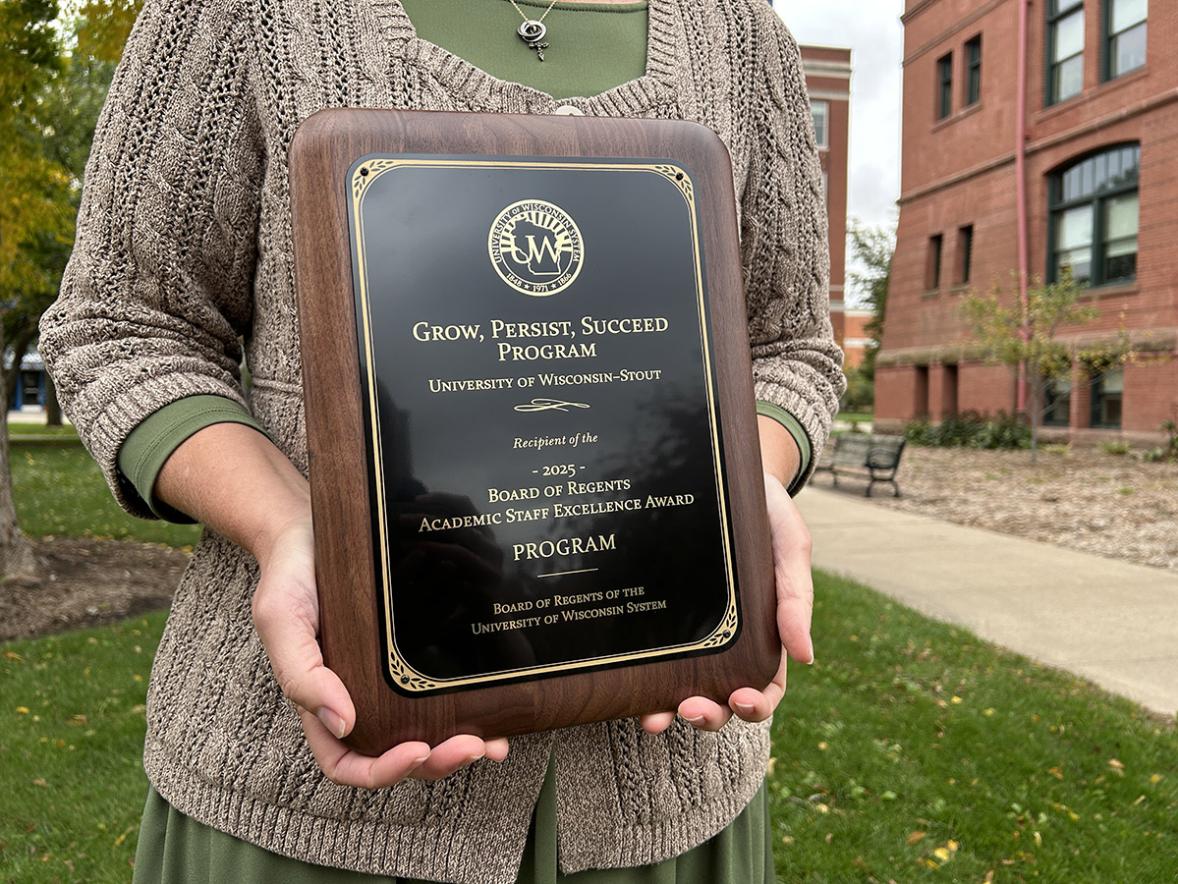In 2024, we participated in the National Alumni Career Mobility (NACM) survey to intentionally reach out to our 2014 and 2019 undergraduate and graduate alumni. The goal of the survey is to connect with alumni 5 and 10 years after graduation to gather critical information on key aspects of their career and professional journey, including career advancement, impact of their academic experience, and insight into the long-term value of their Polytechnic education.
The survey is structured into six research themes/factors, including career pathway preparation, institutional career investment, career mobility, career satisfaction, economic mobility and community engagement. The overall response rate from undergraduates was 6.1% and graduates was 10.9%, both above peer and national averages.
Highlights
93% agreed that "the career advice I received has been helpful."
83% agreed that "the degree I earned helped me get started in my career."
88% agreed that “my current position requires me to use the skills I learned during my degree.”
88% agreed that “the work I do in my current position is meaningful to me.”
85% are still in Wisconsin or Minnesota
Several responses were above peer and national averages:
- 82% agreed that "my degree helped me develop career and self-development skills."
- 75% agreed that "my degree helped me develop leadership skills."
- 70% agreed that "my institution helped me envision my career options."
- 60% agreed that "my institution helped me create a plan for my career."
Career Readiness
Five competencies, specifically aligned to career-readiness, had results from undergraduate alumni that scored higher than both peer and national averages:
- Critical thinking (91.8%)
- Leadership (74.9%)
- Teamwork (87.1%)
- Communication (89.5%)
- Professionalism (86%)
Career Advancement & Satisfaction
Alumni are advancing well and are satisfied in their careers overall. 83% are content with the progression of their career and 88% are satisfied with their current career. 73% have advanced in their career as they hoped, reflected by:
- 100% of 2014 graduates and 84% of 2019 graduates are in intermediate/experienced, first level management, middle-level management, or senior, executive, or top-level management roles.
- 37% of undergraduate and 40% of graduate alumni reported earning $100,000 or more in salary 10 years after graduation.
Alumni also indicated:
- 83% - "I am content with the progression of my career."
- 88% - "I am satisfied with my current career."
- 73% - "I have advanced in my career as I had hoped."
Testimonials
When asked about the experiences that impacted their careers during their time at UW-Stout, alumni said:
- “Engaging in hands-on projects with local businesses through UW-Stout's partnerships.”
- “Working with Career Services to identify and use existing support for students/alumni for career development.”
- “With my program we were able to go on multiple tours of local companies, and that was very valuable and educational. Again - allowing me to take the knowledge from the classroom and see how it applied in a real business setting was very helpful. It assisted me as I prepared to choose a career path within the industry.”
- “First and foremost, my involvement with extracurricular activities/student organizations. They helped me learn skills such as leadership, planning/organization, teamwork, public speaking, and communication. Second, my field experiences through two summer internships. I learned how to take what I was taught in the classroom and put it into practice in the real world. Those experiences also helped me network with other professionals in the Chippewa Valley, therefore one opportunity led to the next, and then to the next.”
- “Teamwork through capstone and other project classes. These activities taught problem solving, collaboration, persistence, and perseverance.”
Career Insights
Number of jobs, industries, titles, geography, full vs. part-time, graduate school completion rate, internships during and after degree.
Economic Mobility
Salary growth, loan debt, family income growing up, current salary range.
Education Satisfaction
Satisfaction with educational experience, marketability of major, relationships, network, mentor(s), faculty/staff influence on success, affinity to school.
Career Satisfaction
Purpose, work-life balance, stability, responsibility, enthusiasm, and degree relevance.
Learning Outcomes and Experiences
General education, career advice, high impact learning practices, competencies.
Community Engagement
Community involvement, philanthropy, awards, honors, and recognition.






